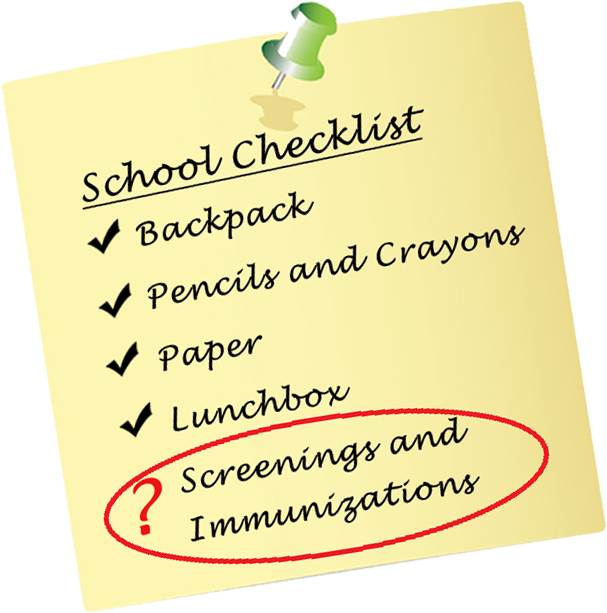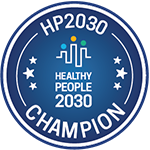National Nurses Week is celebrated annually from May 6-12. May 12 is the birthday of Florence Nightingale, the founder of modern nursing.
Did you know that nursing is the nation’s most trusted profession? In 2012, Americans again voted nurses the most trusted profession in America for the 13th time in 14 years in the annual Gallup poll that ranks professions for their honesty and ethical standards. Nurses’ honesty and ethics were rated “very high” or “high” by 85 percent of poll respondents.
To honor the many nurses that work in Public Health, we want to share with you what some of these nurses do every day.
For many of us, the first time we met a public health nurse was when we received a shot or health screening at our local health department. And while immunizations are an important part of what they do – public health nurses do much more.
At the Gwinnett, Newton and Rockdale County Health Departments our public health nurses are involved in program areas from children’s health to emergency preparedness.
Clinic Managers
Everything that takes place in our clinics is managed by a public health nurse. They provide leadership to their staff while overseeing the day-to-day operations of the clinic. Our Nursing Director and Program Manager are also both nurses. They work closely with the clinic and program personnel to ensure that patients visiting the Health Department receive the highest quality care.
Child School Screenings
Children entering Georgia Public Schools must receive hearing and vision examinations and be issued certificates of completion. Our nurses provide age appropriate hearing, vision and dental screenings for children.
Children 1st
Children 1st is a family centered, community-based program that promotes early identification of children with conditions that place them at risk for poor health and/or developmental outcomes.
Our Children 1st nurses assist families by linking them and their children to primary healthcare providers where they will receive periodic comprehensive health assessments and developmental monitoring.
Women’s Health
Nurses in our Women’s Health program provide a number of services to help women maintain health throughout their reproductive years. These include:
• Physicals, which include pap smears
• Discussion of pregnancy spacing and birth control methods
• Education on the importance of maintaining a healthy lifestyle
• Breast and cervical cancer screenings (mammograms for women over 40, if eligible)
• Pregnancy testing
• Diabetes education, screening, and referrals
Disease Control and Prevention
Nurses in our Epidemiology Division work with schools, long-term care facilities and other community organizations to provide education preventing the spread of infectious disease. If any infectious diseases are reported to the Health Department, they investigate the sources and provide the necessary services to prevent or stop the spread of disease.
Emergency Preparedness
Our Emergency Preparedness Program is dedicated to the planning and preparedness for, response to, and recovery from disasters. Within Emergency Preparedness, we have a Health Care Liaison. This nurse works within our community, creating alliances with health care organizations. These alliances work together to coordinate preparedness, response, recovery and mitigation activities related to healthcare organization disaster operations.



